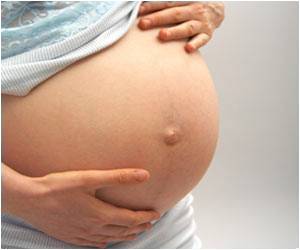
Dr Ashleigh Filtness, from QUT’s Centre for Accident Research and Road Safety – Queensland (CARRS-Q), examined the sleep patterns and tiredness of postpartum mothers and found despite new mums recording stable night sleep times at 18 weeks, they continued to report being excessively exhausted.
The study followed 33 healthy new mothers who recorded their postpartum sleep patterns in 15-minute increments during weeks 6,12 and 18.
Dr Ashleigh Filtness said that sleep disruption strongly influences daytime function, with sleepiness recognized as a risk factor for people performing critical tasks.
According to her, the study had significant implications for decision-makers about when the mums should go back to work, with current government paid parental leave entitlements ceasing at 18 weeks.
“This brings into question whether four months parental leave is sufficient to ensure daytime sleepiness has diminished to a manageable level before returning to work,” she said
Advertisement
“With the birth of every baby the new mother must adjust to the demand of parenting and one aspect of that is to remain functional while suffering potentially severe sleep disruption.
Advertisement
If any other otherwise healthy person presented to a doctor with this degree of sleepiness they would likely have been given advice regarding implications for daytime impairment including the impact on sustaining attention and decision making," she said.
Dr Filtness said while new mums were still waking on average twice a night to care for their babies at 6, 12, 18 weeks – their total sleep time was about 7 hours and 20 minutes.
She said Australian new mums actually slept more than the average American workers (6h53mins).
“So while postpartum women experienced unstable sleep, they didn’t necessarily experience total reduced sleep time,” she said.
“What we found was that inevitably, new mothers will wake in the night to d to care for their infant and the number of times they wake remains consistent during the first 18 postpartum weeks.
Sleep disruption reduced over time and it appears this was driven by a decrease in the time it took for new mums to return to sleep, suggesting improved efficiency by mothers at settling their infant for the growth of the infant’s circadian rhythm.
These findings highlight the significance of sleep quality as opposed to sleep quantity, especially during the first 12 weeks."
“Soon-to-be mums should be aware of the significance of their own sleep and consider how they are going to preserve their own sleep during the first few months of caring for a baby,” she said.
The CARRS-Q study was published in PLOS ONE.
Source-Medindia









